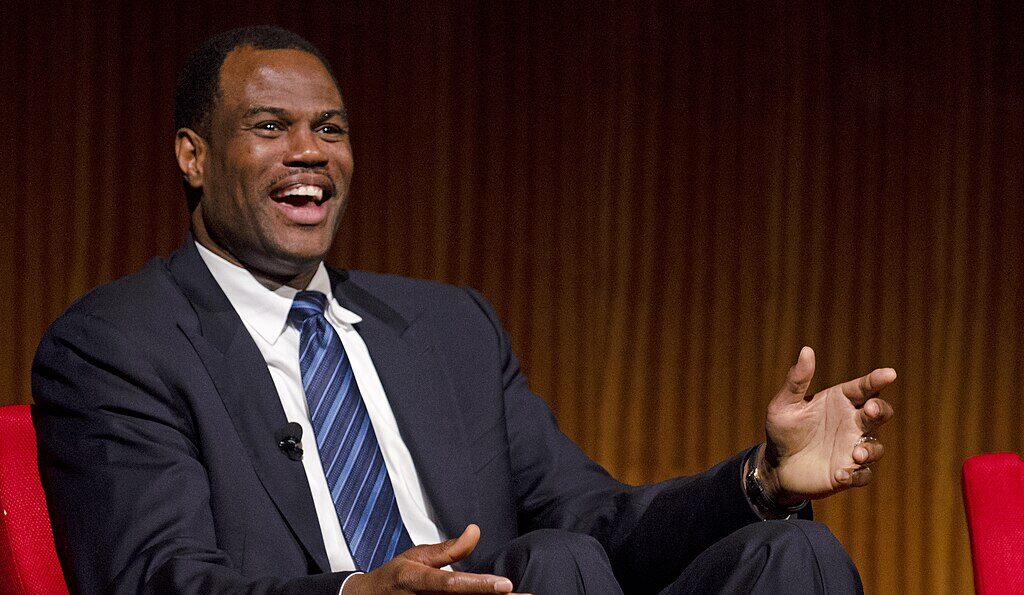For many younger people in the workforce, especially Gen Z, work life has always been remote. The COVID-19 pandemic accelerated the adoption of remote work, reshaping traditional workplace dynamics. But what about those who never even had the option of having an in-office experience? As younger employees grow in their career development and the novelty of remote work wears off, the absence of in-office experience presents both challenges and opportunities.
RaviGajendran is a professor at Florida International University with a Ph.D. in organizational behavior. He is currently researching remote work and its impact on the workforce. In his most recently published work, he and his co-researchers explore the tricky dynamic of isolation and autonomy that remote work offers.
The benefits of remote work for Gen Z
When reflecting on the benefits of remote work, Gajendran notes that it has offered many advantages to younger professionals, especially as they are more adept at navigating technology than older generations.
“They know how to function in that context,” Gajendran says. This familiarity with digital tools enables young professionals to adapt quickly to remote work environments, contributing meaningfully to virtual teams and projects. Many younger workers are also more familiar with building relationships online than their older counterparts.
“For some people, especially people who are perhaps slightly more introverted, virtual onboarding might actually work to their advantage because it’s what they’re comfortable with,” says Gajendran. “It allows them to have the right amount of contact without being overwhelmed.”
On top of that, the flexibility inherent in remote work can be particularly appealing to younger professionals. According to one survey by Citrix Systems in early 2021, more than half of the millennial and Gen Z knowledge workers surveyed wanted to continue working remotely most or all of the time.
Gajendran also highlights the autonomy remote work provides, stating that autonomy enhances performance, satisfaction with our jobs and commitment to the organization.
The drawbacks of remote work for Gen Z
Despite its advantages, remote work poses challenges, particularly for those entering the workforce without prior in-office experience. When the pandemic first started, the transition to remote work wasn’t detrimental for most companies, Gajendran explains.
“One of the reasons was because people had preexisting relationships. People were part of teams; they had been socialized into the organizations and face-to-face context, so they had that relational infrastructure to build on,” says Gajendran. “Now, when you have people coming in who don’t have preexisting relationships, who have not been socialized into the culture and the nuances and the norms of the organization, and they have to be onboarded completely remotely, that creates a lot of challenges—especially when it comes to longer-term consequences like promotion, integration, inclusion and building relationships in the organization.”
Gajendran explains that it can be even more difficult for younger members of the workforce, such as Gen Z, who may not have any in-office experience.
“They do start off with something of a disadvantage; they lose out on opportunities to learn those important skills and insights,” he says. “Equally, they don’t have the same opportunities for mentorships, to build relationships, to be included in the networks.”
Gajendran explains that measuring the value of what’s lost is hard when we no longer have casual face-to-face interactions. Much of the information exchanged is what he calls “tacit information”—information that would not otherwise get exchanged.
“It’s the development of professional skills and networks,” says Nathan Iverson, Ph.D., an associate professor of psychology and M.S. program director in industrial-organizational psychology at California Baptist University. “Remote work can limit opportunities for informal learning and mentorship that typically occur in office settings. This can affect the career growth of younger employees, who may miss out on valuable face-to-face interactions with colleagues and mentors.”
Gajendran says this is one of the reasons organizations have been pushing for more in-office work.
“Organizations are beginning to realize that there are very intangible, unquantifiable costs when people are not back in the office because it’s really hard then to build a cohesive culture, to build those interactions,” Gajendran says. “Those interactions are necessary for transmitting very tacit knowledge, tacit norms, [and for] curating a culture that makes organizations thrive.”
The other problem: Gen Z isolation
Not only that, but the isolation inherent in remote work can impact young professionals’ well-being and productivity.
“The sense of isolation and lack of social interaction in remote work can impact mental health and job satisfaction among younger workers,” says Iverson. “Creating virtual socialization opportunities and fostering a supportive remote work culture is crucial in mitigating these effects.”
Gajendran underscores this point, stating that “remote work provides autonomy or flexibility, but it also creates a sense of isolation.”
This isolation can impact job satisfaction and engagement, as individuals miss out on spontaneous interactions and informal communication that occur in physical office spaces. It also impacts the journey to promotions as well. Gajendran says that those who rely on online-only relationships with their managers have to work harder to show their work. He believes that face-to-face time with bosses can significantly impact the long-term evaluation of employees.
“Some data suggests that the more face time you have with your boss, the more likely you’ll be promoted,” says Dr. Gajendran. “Part of the reason for that is you’re seen as being more work involved, you’re seen as more engaged with your work and more committed to your work, and that somehow then creates an impression that this person is ready for higher responsibility.”
Mitigating the negative impacts of remote work for Gen Z
Although a remote-only work experience can negatively impact the career development of younger members of the workforce, Gajendran also notes that there are ways to mitigate those problems.
His first recommendation is to have a learner’s mindset when approaching a new job or environment.
“The first step is just being open to learning,” Gajendran says. It’s like learning a new language. If you’re going to visit Spain, it might help to pick up a few pointers on how to say some basic sentences. Similarly, you’re entering a foreign country, which is corporate life.”
Next, he emphasizes the importance of finding mentors by tapping into those within the organization who have leadership roles and even utilizing university alumni resources to connect with those already within the organization. Conferences can also be a great way to network when you don’t have an office environment.
Quiet quitting also poses a threat
Finally, Gajendran highlights the importance of professionalism in the age of quiet quitting.
“Quiet quitting business can work as long as the economy stays solid and there are more opportunities available,” says Gajendran, but he warns against it when the economy turns and layoffs increase. Without the weight of likability and in-person connections, doing your job well is a much stronger determining factor for keeping your job. Even as Gen Z and millennials are staying with companies for shorter stints, Gajendran points out the impact of reputation on gaining meatier projects that can significantly boost a resume.
In his recently published research, Gajendran and his co-authors share that people do not first experience the autonomy of remote work and then the isolation of remote work. The two come hand in hand. He also says that the positive impact of remote work—autonomy—only slightly outweighs the negative impact of isolation.
Historically, employers have been supportive of a return to office, while employees have been more resistant. Gajendran believes that some sort of hybrid model is the best way to maximize the benefits of in-office work and remote work, and there are multiple pathways to hybrid work. He emphasizes the importance of adapting organizational culture to remote work dynamics, “striking this balance is essential for maintaining employee satisfaction, engagement and productivity in a remote or hybrid environment.”
Photo by DimaBerlin/Shutterstock.com





